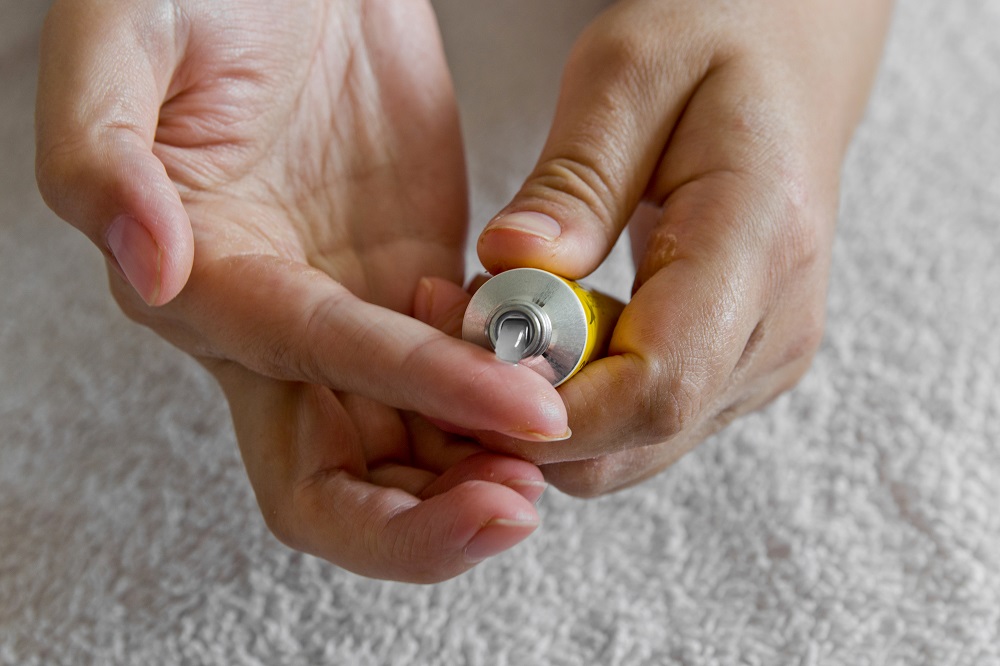Danielle Meddemmen
30 August 2021: Solomon Bezabh knows all too well the impact that tungiasis – also known as sand flea disease – can have on low socio-economic areas, including in his home country of Ethiopia.
Now, the University of Canberra PhD candidate has dedicated his research to finding an effective treatment for the skin disease, and the patients it affects.
Tungiasis sees small sand fleas embed themselves under a person’s skin, and results in painful inflammation of the skin as well as intense itching. It often leads to secondary bacterial infections.
The disease can progressively lead to serious human, societal, and economic consequences including childhood disability, social isolation, impaired sleep and the inability to attend school.
In severe cases, it can also lead to disfigurement of the feet due to painful ulceration, causing difficulty in walking, auto-amputation, and immobility.
Mr Bezabh said the condition – which is most prevalent in lower socio-economic areas of Sub-Saharan Africa, South America, and the Caribbean – is almost non-existent in the developed world and is therefore widely neglected and has no standard treatment.
“Tungiasis is a highly infectious condition, and currently the recommended method of treatment is surgical removal of the embedded fleas with a sterile, sharp tool,” he said.
“However, in these lower socio-economic communities, surgical extraction is frequently performed using unsafe procedures. This can involve sharing of non-sterile instruments such as pins, needles and sharpened wood pieces, almost invariably leading to additional secondary bacterial infections and potential transmission of viral infections like HIV, Hepatitis B, and Hepatitis C.”
Mr Bezabh, under his supervisor Associate Professor Dr Jackson Thomas, undertook an international first systematic review of randomised controlled trials (RCTs) investigating interventions for tungiasis and has now been published in the Lancet Infectious Diseases journal.
This study has revealed, through very few randomised controlled trials, that there were no sustainable or viable treatment options, and there is a need for high-quality RCTs examining effective prevention and treatment alternatives.
Following this seminal publication, Mr Bezabh and Dr Thomas will enter the clinical trial phase which will look at the use of tea tree oil as a treatment option.
“Solomon’s PhD currently investigates a new skin treatment for tungiasis which contains Australian tea tree oil. Tea tree oil has long been used as a parasiticidal agent against ectoparasites such as head lice, mites and fleas, with proven safety and efficacy data from human studies,” Dr Thomas said.
“Tea tree oil has anti-bacterial and anti-inflammation properties, and we think it will kill the parasite causing tungiasis, but also prevent further inflammation and bacterial superinfections associated with it,” Mr Bezabh added.
They aim to develop a topical treatment, which can be applied as soon as patients experience the early symptoms of the condition.
The study will take place in collaboration with an international NGO. The Kenya-based research will be guided by collaborators from the US, Germany, Kenya and Brazil.
“This study will offer a treatment which is not only useful, but customised to target the condition,” Dr Thomas said.
“The treatment will be effective in killing the parasite, preventing infection and further complications, and improving the quality of life in those areas.”
Mr Bezabh has seen these implications firsthand, and said he is very pleased to be working on a project which aims to develop a treatment for tungiasis.
“This is so prevalent in my home country. Current data suggests, in high burden settings, 6 out of 10 children aged between five and 14 years old suffer from tungiasis at any given time, and I have seen the social isolation and impact this can have,” he said.
“I have seen the real impact, and when I came here and was offered this opportunity, I gladly accepted.”
“Our study investigates a simple and low-cost treatment for tungiasis, and will provide evidence about managing the condition and its associated complications in children.”


